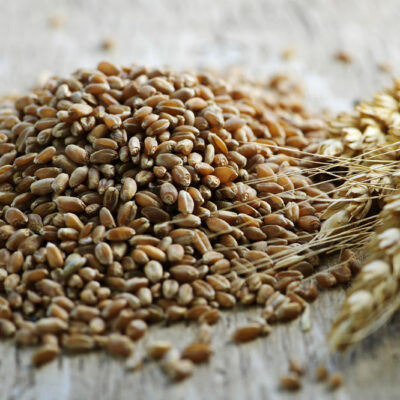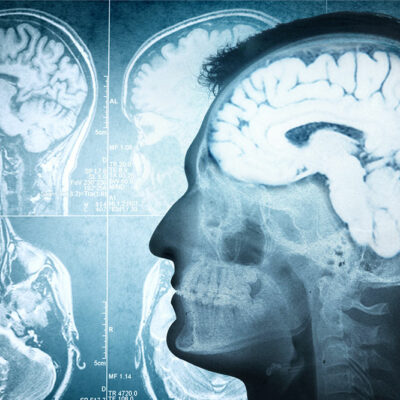
health
Common signs, types, stages, and management of non-small cell lung cancer
Non-small cell lung cancer, also referred to as NSCLC, is the most common type of lung cancer. The condition occurs due to an abnormal genetic mutation when a typically healthy cell turns cancerous, then multiples and infects nearby tissues. It can also be triggered due to exposure to air pollution and asbestos, a natural mineral fiber. Learning about its types, early signs, stages, and treatments can help manage the disorder better. Symptoms Coughing up blood, mucus, or phlegm is a common early sign of this health condition. In addition, patients may experience chronic fatigue, breathing issues, loss of appetite, and hoarseness of voice. If the tumor has spread to the lungs’ lining, one can also experience chest pain. Those who experience these symptoms must consult a doctor immediately. Types The three most common types of NSCLC are: Adenocarcinoma It develops in the outer layers of one’s lungs in the mucus-secreting cells. Adenocarcinoma more commonly affects women than men. Squamous cell carcinoma This condition typically affects the central part of the lungs. It impacts the flat cells lining the major airways, such as the left or right bronchus. Large cell lung carcinoma This type of NSCLC can start in any region of the lungs.




















